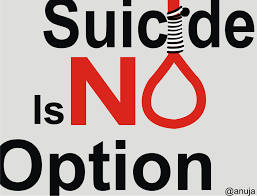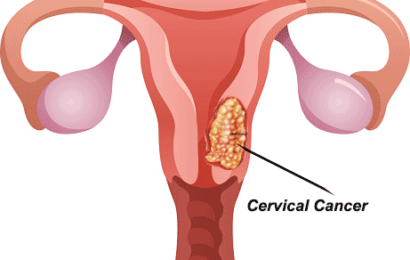
Two consultant psychiatrists on Wednesday urged media organisations to reduce prominence on suicide cases in order to reduce the risks among vulnerable people.
Dr Raphael Ogbolu and Dr Bola Ola, both working with the Lagos University Teaching Hospital (LUTH), Idi-Araba, Lagos, made the plea at a workshop on suicide prevention and other related mental conditions in Lagos.
The workshop was organised by the Suicide Research and Prevention Initiative (SURPIN), in collaboration with LUTH in Lagos.
According to recent World Health Organisation (WHO) Suicide Ranking, with 15.1 suicides per 100,000 population in a year, Nigeria was ranked 30th most suicide-prone (out of 183 nations) in the world and the 10th in Africa.
Ola urged media organisations to reduce the prominence on suicide cases in order to reduce the risks among people vulnerable to suicide.
He said that media organisations were so important in driving the desire change in the health sector.
“Majority of those, who commit suicide are depressed and it is occurring every time in our society.
“The media coverage has significant impact on patterns and occurrences of suicide which must always be positive.
“Journalists need to exercise caution when reporting suicide cases.
“Giving more information on the risk factors of suicide, the warning signs, the importance of taking suicidal thoughts and where they can get help is very important,” he said.
Also, Ogbolu, who is also the Coordinator of SURPIN, said that dissemination of good reports would stem the increasing rate of suicide in Nigeria.

He said that media organisations could help to prevent suicide by reporting more on how to deal with suicidal thoughts.
The expert said that media organisations play key role in the dissemination of good information on health issues to the public.
“Suicide occurs in the country and we cannot ignore it; but it is preventable through collaborative effort.
“Media organisations should always report more on those who coped with and overcame the adverse of suicide.
“We discovered that glorified and more suicide reported cases lead to copy cats by people in the society,” he said.
Ogbolu said that every media organisation should avoid misconceptions, assumptions and always include message on how to get help when reporting any suicide case.
“Globally, 322 million people suffer from depression, which is common among women and may lead to suicide.
“I really want people to know that depression can be treated and controlled,” he said.
In his remarks, Dr Peter Nubi, another Consultant Psychiatrist, said that early assessment and therapy could help to prevent mental disorder.
Nubi, who is also a lecturer at the College of Medicine, University of Lagos, Idi-Araba, said that mental illness has no bias for a particular intelligence level, socioeconomic status and education.
“Mental disorder can strike anyone and anywhere, because no one is immune and a serious mental illness cannot be will away.
“In most cases, mental illnesses have physical causes which affect children, adolescents and adults.
“Research shows that there are genetic and biological causes for psychiatric disorders and they can be treated effectively,” he said.
Nubi said that many people were prone to mental disorders which including depression, obsessive and antisocial personality disorder.
“Others are substance abuse, autism, spectrum disorders, drug dependence, deliberate self-harm and multi-personality disorder,” he said.
NAN reports that the SURPIN hotlines are: 09080217555,09034400009,08111909909,07013811143.








